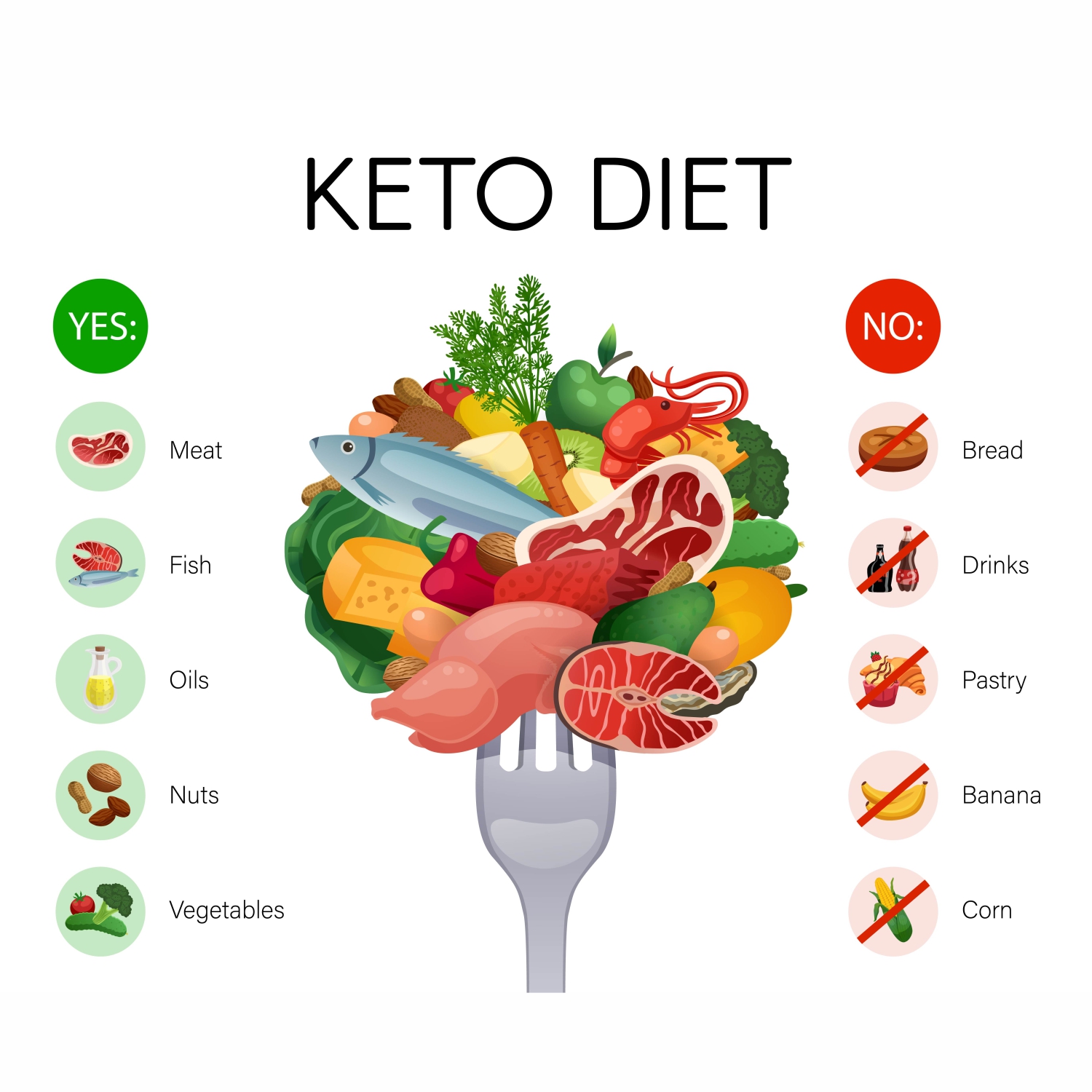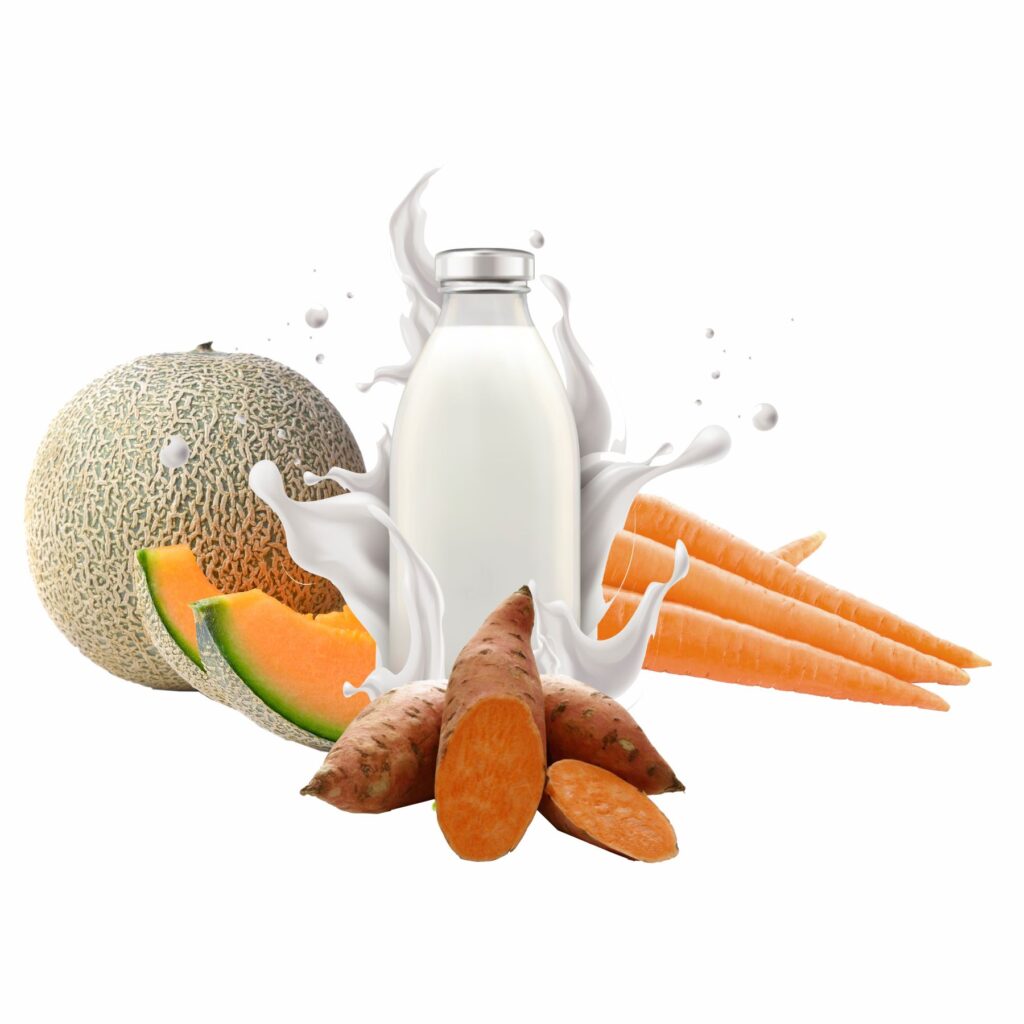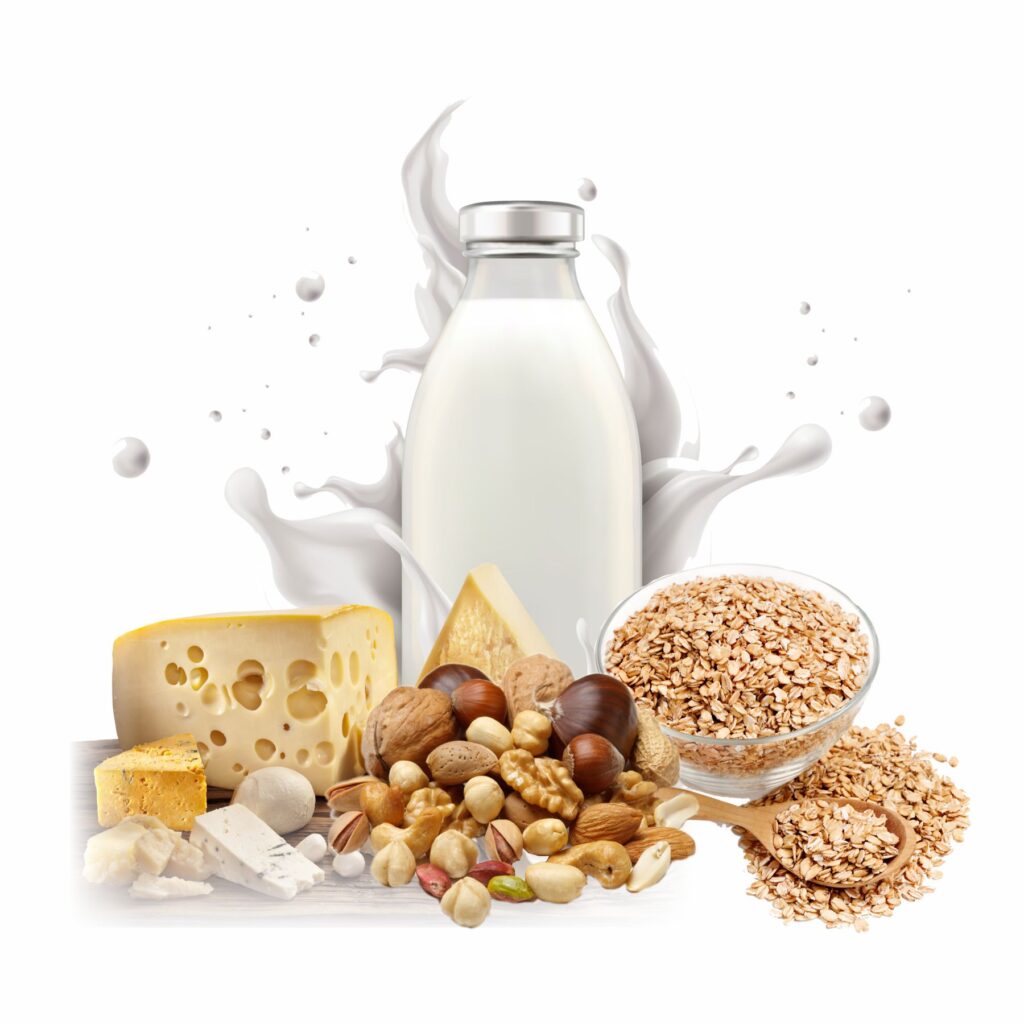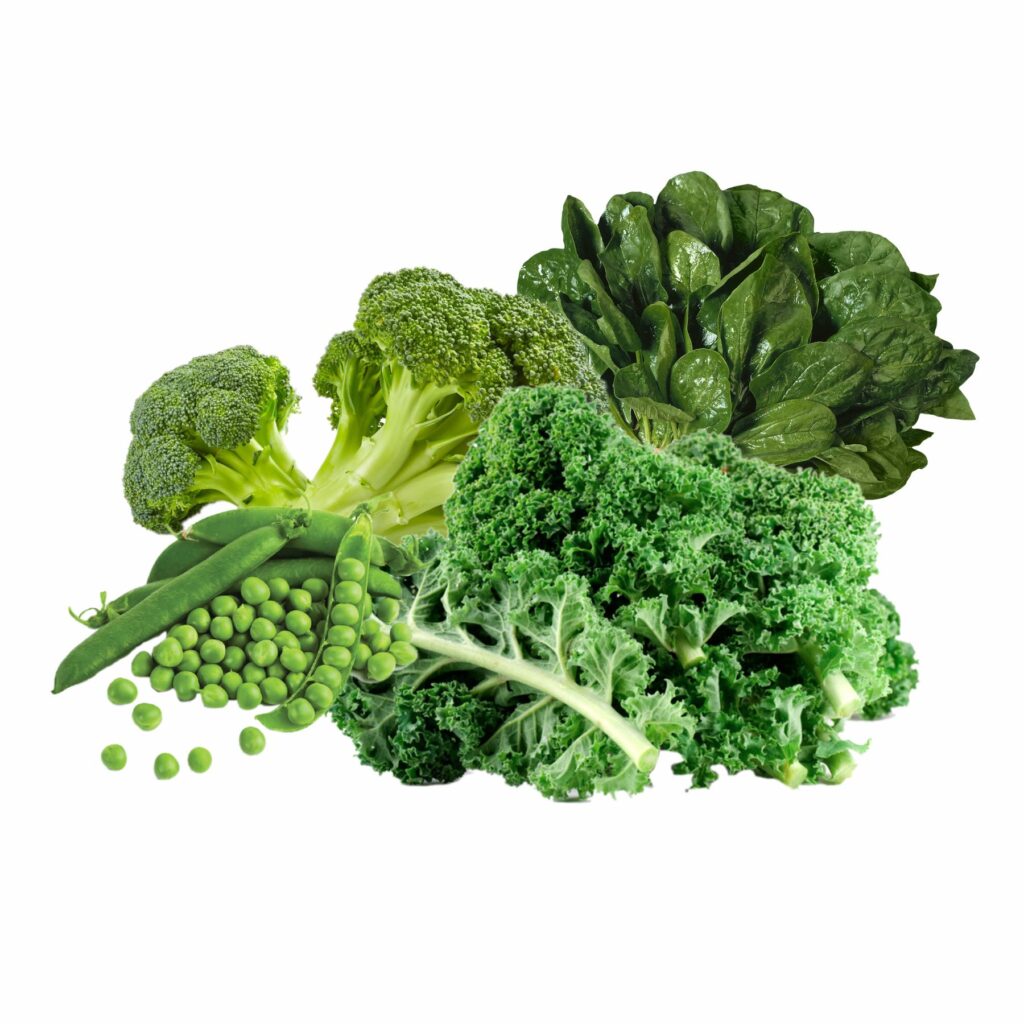The ketogenic diet, commonly known as the keto diet, is a high-fat, moderate-protein, and low-carbohydrate eating plan. It aims to shift the body’s metabolism from burning glucose (sugar) to burning ketones (fat) for energy. This metabolic state, called ketosis, offers a myriad of health benefits, including weight loss and improved cognitive function.

The Origins of the Keto Diet
Initially developed for treating epileptic patients, the keto diet has evolved into a popular weight loss and overall health improvement tool. Its roots can be traced back to pre-agricultural times when our ancestors’ diets consisted mainly of fats and proteins with minimal carbohydrates.
Keto Diet Composition
A typical keto diet consists of approximately 75% fats, 20% proteins, and 5% carbohydrates. These proportions are crucial for inducing ketosis, enabling the body to burn ketones rather than glucose for energy.
Types of Keto Diets
There are several variations of the keto diet, each catering to different preferences and goals. Some popular types include:
- Standard Ketogenic Diet (SKD): This is the most common version, with the macronutrient distribution mentioned above (75% fat, 20% protein, and 5% carbs).
- Cyclical Ketogenic Diet (CKD): This version involves periods of higher carbohydrate intake, usually 5 keto days followed by 2 high-carb days.
- Targeted Ketogenic Diet (TKD): This variation allows for additional carbs around workouts, catering to athletes and active individuals.
- High-Protein Ketogenic Diet: This type offers a higher protein intake, with a macronutrient distribution of around 60% fat, 35% protein, and 5% carbs.
Entering Ketosis: The Key to Keto Success
Achieving a state of ketosis is essential for reaping the benefits of the keto diet. This metabolic state can be attained by adhering to the specific macronutrient distribution and consuming a variety of keto-friendly foods. Some popular options include MCT powder for meal replacement shakes and smoothies and coconut oil as a healthy source of fat
Advantages of the Keto Diet
The keto diet offers numerous benefits, which have contributed to its rising popularity. Some of the most notable advantages include:
Weight Loss
The keto diet has been shown to effectively promote weight loss in various studies The process of burning fat for fuel, combined with the satiating nature of dietary fat, helps to curb cravings and reduce overall caloric intake. Additionally, incorporating MCT powder and MCT oil into the diet can lead to even greater weight loss.
Lower Cholesterol
Contrary to popular belief, a high-fat diet like keto may actually improve cholesterol levels The key lies in balancing good and bad cholesterol, which can be achieved for most people following a keto diet.
Reduced Risk of Heart Disease
Cutting down on carbs has been linked to a reduced risk of heart disease. Additionally, the weight loss associated with the keto diet can contribute to improved heart health.
Lower Blood Pressure
The keto diet has been connected to reduced blood pressure. Weight loss, which typically accompanies the keto diet, also contributes to lower blood pressure levels.
Diabetes Management
A keto diet can help those with diabetes or blood sugar issues regulate their insulin levels. Moreover, weight loss and maintenance achieved through the keto diet can help prevent the onset of type 2 diabetes.
Improved Cognitive Function
Research indicates that the keto diet can enhance cognitive function. It is even being considered as a potential treatment for Parkinson’s and Alzheimer’s diseases.
Additional Benefits
Other advantages of the keto diet include mood improvement, increased energy levels, reduced sleep requirements, and hormonal balance for women.
Disadvantages of the Keto Diet
Despite its numerous benefits, the keto diet also has some drawbacks. While many proponents argue that the advantages far outweigh the disadvantages, it’s important to consider these potential issues:
Adjustment Period
Entering ketosis can take one to two weeks, and this transition can be challenging for some individuals. During this time, people may experience the “keto flu,” with symptoms such as fatigue, irritability, and headaches.
Bowel Issues
As the body adapts to the keto diet, some individuals may experience short-term bowel complaints such as diarrhea or constipation.
Restrictive Nature
Adhering to the specific macronutrient distribution of the keto diet can be difficult for some. This restrictive nature may require careful meal planning and preparation.
High Cholesterol Concerns
A small number of keto diet followers may not experience improved cholesterol levels. Instead, their cholesterol may increase. It’s important to monitor cholesterol levels while on the keto diet.
Keto Diet: The Takeaway
The keto diet offers numerous benefits, making it an attractive option for many seeking weight loss or overall health improvement. However, it’s essential to be aware of the potential disadvantages and monitor your progress closely. With proper planning, preparation, and commitment, the keto diet can be a valuable tool for achieving your health goals.







